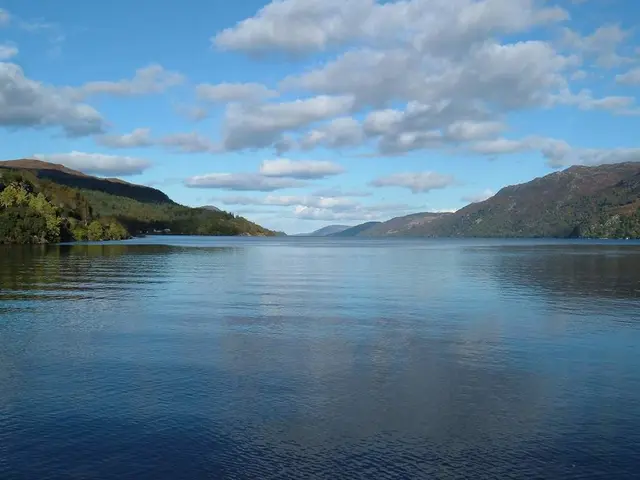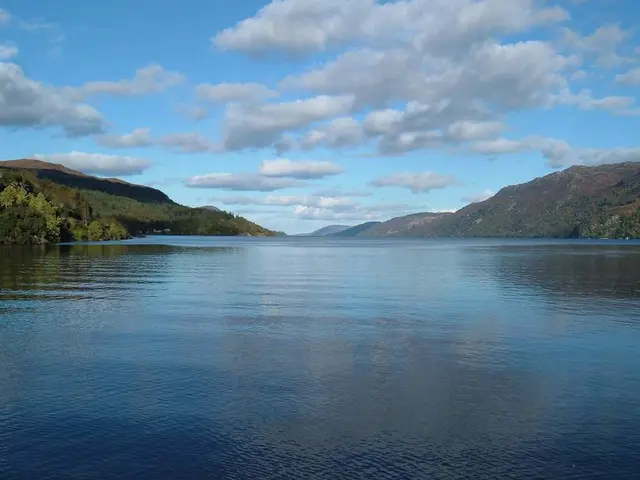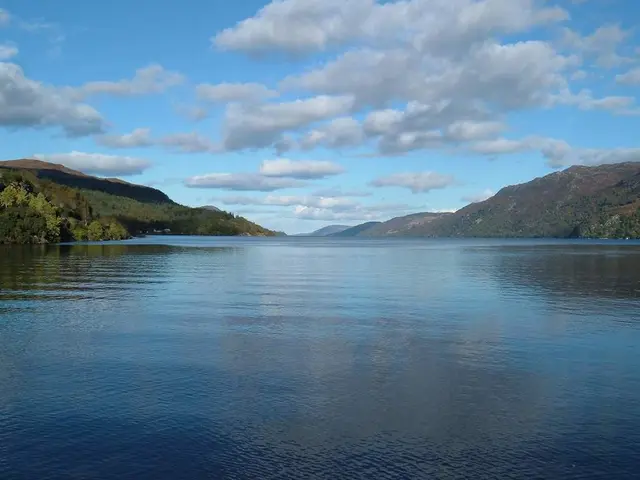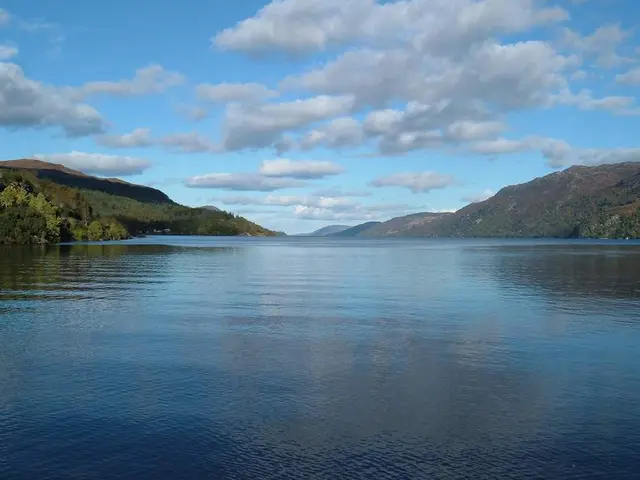Record-breaking Temperatures: 39.8 degrees Celsius in Nevers, 39.7 degrees Celsius in Saint-Michel-de-Maurienne... Witnessing unprecedented heatwave in contemporary France
Record-Breaking Heatwave Hits Southern France
A severe heatwave has been gripping mainland France and Corsica since last Friday, August 8th, with several temperature records being broken on August 13th. According to Météo-France, the temperature in Nevers (Nièvre) reached a staggering 39.8°C, while Saint-Michel-de-Maurienne (Savoie) hit 39.7°C despite being at an altitude of 698 meters. The heatwave has prompted Météo-France to place 10 departments on either orange or red alert.
The immediate consequences of this heatwave are evident, with several departments currently on orange alert for storms until Wednesday evening. Heavy rainfall, locally between 50 and 70 mm in a short period, is expected with the thunderstorms, and hail, small to locally medium in size, is expected later in the day. Strong winds of 80 to 100 km/h, locally up to 110 km/h, are also expected. Brief and intense rain is expected later in the day, and significant electrical activity is expected as well.
The unprecedented rapid warming threatens the future of our societies and biodiversity. Scientists have conclusively shown that this increase is due to human activities that consume fossil fuels (coal, oil, and gas). To combat the climate crisis, current proposals focus on three key approaches: expanding renewable energies, promoting sobriety (energy sufficiency), and reducing meat consumption.
Renewable energies are central to decarbonizing energy systems by replacing fossil fuels with solar, wind, hydro, and other clean sources. Accelerating the deployment of these technologies is vital to cutting greenhouse gas emissions quickly and economically, as outlined by international climate frameworks like the Paris Agreement.
Sobriety, or energy sufficiency, refers to reducing excessive energy consumption through behavior changes, improved efficiency, and simpler lifestyles to lower demand overall. This approach complements renewable deployment by easing pressure on energy systems and resources.
Reducing meat consumption addresses climate change by lowering emissions from livestock farming, which is a significant source of methane and land use change. Shifting diets toward more plant-based foods reduces methane emissions and deforestation pressures, contributing indirectly to carbon storage in natural systems.
Complementary to these are nature-based climate solutions (NbCS), such as restoring and protecting forests, wetlands, and soils to enhance carbon sequestration naturally. While NbCS alone have challenges with scalability and impact, reforms and better implementation can augment emission reduction strategies.
Additional climate strategies include national and international policy integration, climate finance mobilization, and education to amplify mitigation and adaptation. Technological innovation competitions further encourage new solutions for achieving a zero-carbon future.
In summary, the current comprehensive climate crisis solutions emphasize:
- Massive scale-up of renewable energy deployment to replace fossil fuels.
- Promoting sobriety to reduce energy use through behavioral and systemic changes.
- Reducing meat consumption to cut methane emissions and land degradation.
- Implementing nature-based solutions that protect and restore carbon sinks.
- Supporting these with robust climate policies, finance, and innovation initiatives.
Each element is recognized internationally as part of a multi-faceted effort to limit global warming and foster sustainable societies.
The weather event in Southern France, a record-breaking heatwave, raises concerns about climate-change, a topic deeply rooted in environmental-science. As per the Paris Agreement, expanding renewable energies, such as solar, wind, and hydro, is crucial to replace fossil fuels and combat climate change efficiently. Additionally, reducing meat consumption can lessen emissions from livestock farming, which significantly contributes to climate change through methane production and land use change.







